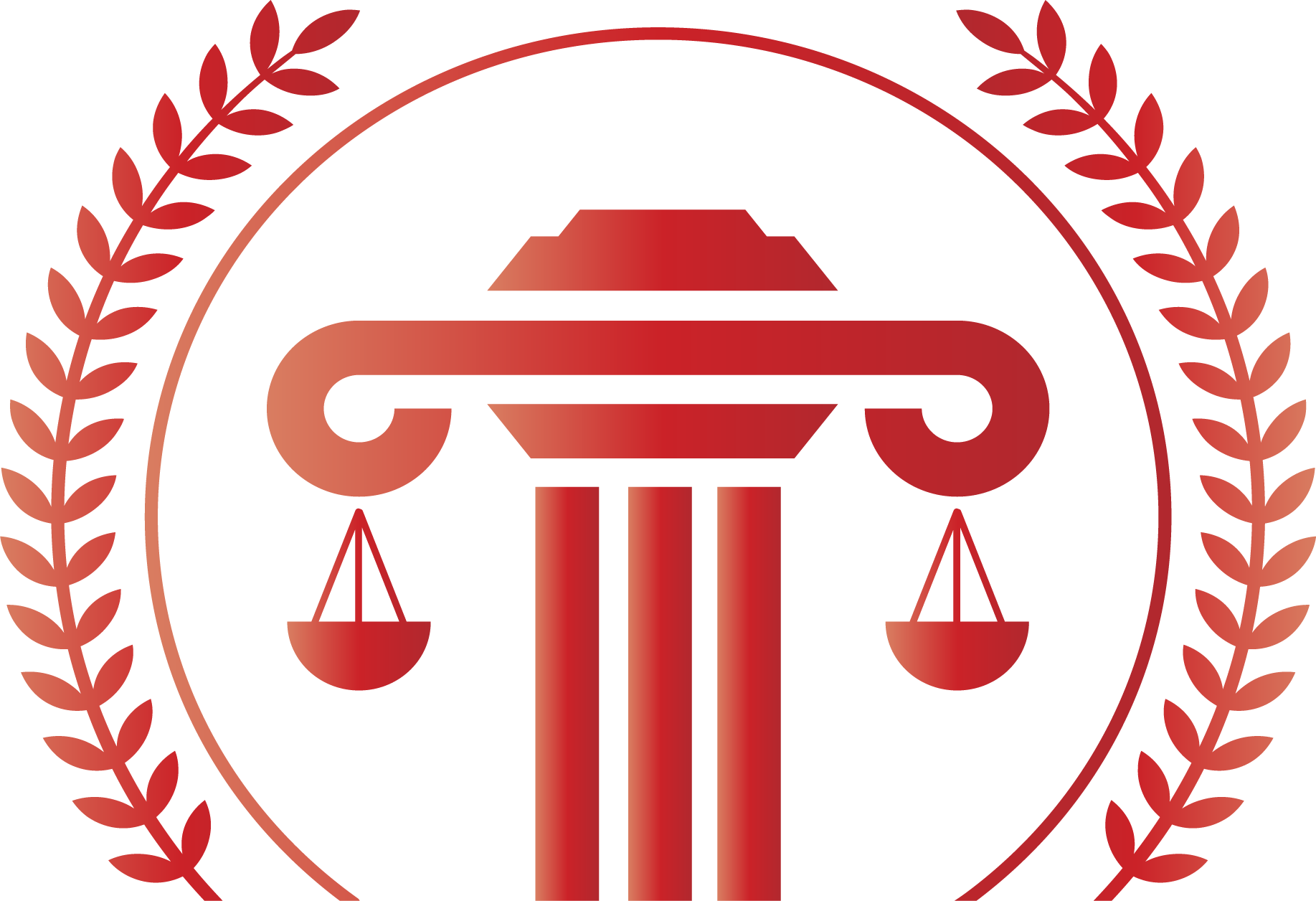New FCA Regulations Transform Digital Asset Compliance Landscape
The Financial Conduct Authority has announced comprehensive new regulations governing digital assets and cryptocurrency operations, establishing clear frameworks for digital asset custody, trading platforms, and institutional investment products.

Regulatory Framework Overview
Phase 1: April 2025
- • Digital asset custody requirements
- • Consumer protection measures
- • Initial reporting obligations
Phase 2: July 2025
- • Trading platform regulations
- • Market integrity requirements
- • Enhanced disclosure rules
Phase 3: October 2025
- • Institutional investment products
- • Cross-border compliance
- • Full operational resilience
Background and Context
The Financial Conduct Authority's comprehensive regulatory framework for digital assets represents the culmination of nearly three years of consultation, research, and stakeholder engagement. The regulations address the rapid growth of the digital asset sector in the UK, which has seen trading volumes increase by over 400% since 2022 and institutional adoption accelerate significantly across traditional financial services firms.
The regulatory development process began in earnest following several high-profile failures in the global cryptocurrency market, including the collapse of FTX and Terra Luna, which highlighted the need for robust consumer protection measures and operational resilience requirements. The FCA's approach has been to balance innovation support with appropriate risk management, creating a framework that enables legitimate digital asset activities while protecting consumers and maintaining market integrity.
The new regulations build upon existing financial services regulatory principles while addressing the unique characteristics of digital assets, including their technological complexity, cross-border nature, and the diverse range of participants in the digital asset ecosystem. The FCA has worked closely with international regulators, including the European Securities and Markets Authority and the US Securities and Exchange Commission, to ensure consistency and avoid regulatory arbitrage.
Key Regulatory Requirements
Digital Asset Custody Standards
The new regulations establish comprehensive standards for digital asset custody services, addressing one of the most critical areas of risk in the digital asset ecosystem. Custody providers will be required to implement robust safeguarding arrangements that separate client assets from firm assets, maintain adequate insurance coverage, and implement multi-signature security protocols for asset storage.
Specific requirements include the implementation of cold storage solutions for the majority of client assets, regular security audits by qualified third parties, and the establishment of comprehensive business continuity and disaster recovery procedures. Custody providers must also maintain detailed records of all asset movements and provide regular reporting to clients and regulators on asset holdings and security measures.
Compliance Requirements by Entity Type
Digital Asset Exchanges
Market Integrity
Implementation of market surveillance systems, trade reporting mechanisms, and manipulation detection protocols.
Consumer Protection
Clear disclosure requirements, risk warnings, and suitability assessments for retail clients.
Institutional Service Providers
Operational Resilience
Comprehensive business continuity planning, system redundancy, and incident response procedures.
Governance Standards
Enhanced board oversight, risk management frameworks, and senior management accountability.
Trading Platform Regulations
Digital asset trading platforms will be subject to comprehensive market integrity requirements designed to ensure fair and orderly trading. These requirements include the implementation of pre-trade and post-trade transparency measures, best execution obligations, and comprehensive trade reporting to regulatory authorities.
Trading platforms must also implement robust market surveillance systems capable of detecting potential market manipulation, insider trading, and other forms of market abuse. The regulations require platforms to maintain detailed audit trails of all trading activity and to cooperate fully with regulatory investigations and enforcement actions.
Additionally, trading platforms serving retail clients must implement enhanced consumer protection measures, including clear risk disclosures, suitability assessments, and cooling-off periods for certain types of transactions. Platforms must also maintain adequate financial resources to meet their obligations to clients and counterparties.
Institutional Investment Products
The regulations establish a framework for institutional digital asset investment products, including exchange-traded funds, collective investment schemes, and structured products. These products will be subject to existing investment fund regulations, with additional requirements addressing the unique risks associated with digital assets.
Key requirements include enhanced disclosure of digital asset risks, implementation of appropriate valuation methodologies, and the appointment of qualified custodians with expertise in digital asset safeguarding. Fund managers must also demonstrate adequate knowledge and experience in digital asset markets and implement appropriate risk management systems.
Implementation Timeline and Milestones
March 2025
Preparation PhaseFinal guidance publication and industry preparation period. Firms should complete gap analyses and begin implementation planning.
- • Final regulatory guidance published
- • Industry consultation period closes
- • Firms begin compliance preparation
April - June 2025
Phase 1 ImplementationInitial requirements take effect, focusing on consumer protection and basic operational standards.
- • Digital asset custody requirements effective
- • Consumer protection measures implemented
- • Initial reporting obligations begin
July - September 2025
Phase 2 ImplementationEnhanced market integrity and trading platform requirements become effective.
- • Trading platform regulations effective
- • Market surveillance systems required
- • Enhanced disclosure requirements
Industry Impact and Implications
The new FCA regulations are expected to have significant implications for the UK digital asset industry, potentially reshaping the competitive landscape and influencing business models across the sector. While the regulations will increase compliance costs and operational complexity, they are also expected to enhance consumer confidence and attract institutional investment to the UK digital asset market.
Early industry feedback suggests that larger, well-capitalized firms are generally supportive of the regulatory framework, viewing it as an opportunity to differentiate themselves from less compliant competitors. However, smaller firms and startups have expressed concerns about the compliance costs and the potential for regulatory barriers to entry.
The regulations are also expected to influence the development of digital asset infrastructure in the UK, with increased demand for compliant custody solutions, trading platforms, and professional services. This could create opportunities for traditional financial services firms to expand into the digital asset space and for specialized service providers to develop new offerings.
Sector-Specific Impact Analysis
Traditional Financial Institutions
Opportunities
Clear regulatory framework enables banks and asset managers to offer digital asset services with confidence.
Challenges
Need to develop new capabilities and risk management frameworks for digital asset activities.
Fintech and Crypto Firms
Competitive Advantage
Early compliance with regulations could provide competitive advantages and market credibility.
Resource Requirements
Significant investment in compliance infrastructure and professional expertise required.
International Regulatory Coordination
The FCA's regulatory approach has been developed in close coordination with international regulatory bodies, reflecting the global nature of digital asset markets and the need for consistent regulatory standards. The regulations incorporate elements from the European Union's Markets in Crypto-Assets (MiCA) regulation and align with emerging standards from the Financial Stability Board and the International Organization of Securities Commissions.
This international coordination is particularly important for cross-border digital asset activities, which represent a significant portion of the UK market. The regulations include provisions for mutual recognition of regulatory standards with other jurisdictions and establish frameworks for cross-border supervision and enforcement cooperation.
The FCA has also indicated that it will continue to engage with international partners on emerging issues in digital asset regulation, including the development of central bank digital currencies, decentralized finance protocols, and non-fungible tokens. This ongoing coordination will be essential for maintaining the effectiveness of the regulatory framework as digital asset markets continue to evolve.
Compliance Strategies and Best Practices
Successful compliance with the new FCA regulations will require firms to adopt comprehensive and proactive approaches that go beyond minimum regulatory requirements. Leading firms are already implementing enhanced governance frameworks, investing in technology infrastructure, and developing specialized expertise in digital asset compliance.
Key elements of effective compliance strategies include the establishment of dedicated compliance functions with appropriate expertise, implementation of robust risk management frameworks that address digital asset specific risks, and development of comprehensive policies and procedures covering all aspects of digital asset activities.
Firms should also prioritize staff training and development to ensure that all personnel involved in digital asset activities have appropriate knowledge and skills. This includes not only compliance and risk management staff, but also front-office personnel, technology teams, and senior management.
Implementation Best Practices
Governance
- • Establish dedicated oversight committees
- • Define clear accountability frameworks
- • Implement regular compliance monitoring
- • Ensure board-level digital asset expertise
Technology
- • Invest in robust security infrastructure
- • Implement comprehensive monitoring systems
- • Ensure system scalability and resilience
- • Maintain detailed audit trails
Operations
- • Develop comprehensive procedures
- • Establish clear escalation processes
- • Implement regular testing protocols
- • Maintain incident response capabilities
Future Developments and Outlook
The FCA has indicated that the current regulatory framework represents the first phase of a broader regulatory development program for digital assets. Future phases are expected to address emerging technologies and business models, including decentralized finance protocols, non-fungible tokens, and central bank digital currencies.
The regulator has also committed to regular reviews of the regulatory framework to ensure that it remains effective and proportionate as digital asset markets continue to evolve. These reviews will consider market developments, technological innovations, and feedback from industry participants and consumer groups.
Industry participants should expect continued regulatory development in this area and should build flexibility into their compliance frameworks to accommodate future changes. Firms that proactively engage with the regulatory development process and maintain high standards of compliance will be best positioned to succeed in the evolving digital asset landscape.
Need Help with Digital Asset Compliance?
Our financial services regulatory team can help you navigate the new FCA requirements
